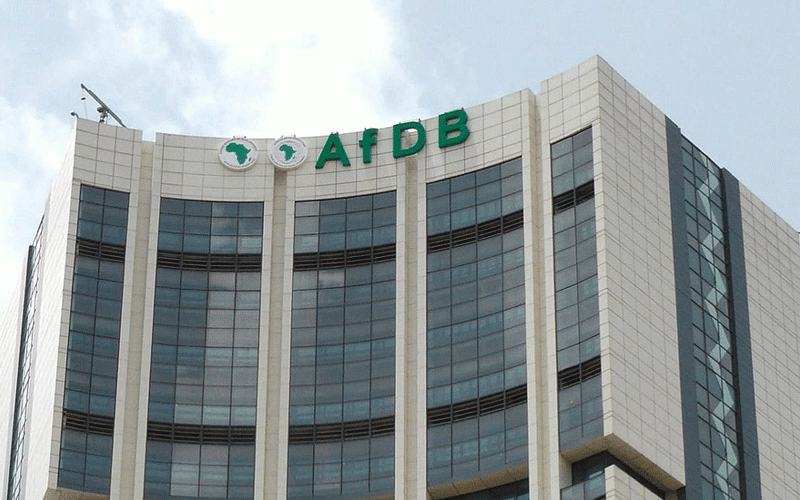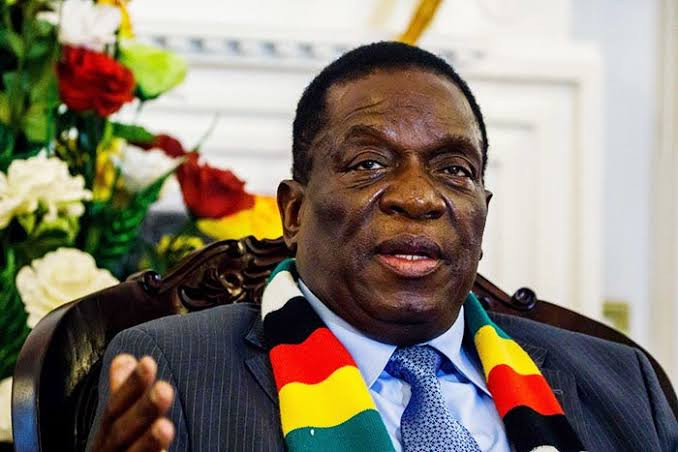
GOVERNMENT is inviting Zimbabweans in the diaspora to participate in meetings meant to discuss projects that have potential to be funded by the African Development Bank (AfDB).
The virtual meetings are scheduled for tomorrow and Sunday.
In a statement this week, Foreign Affairs and International Trade secretary Albert Chimbindi said the programme would be led by the International Organisation for Migration.
He called on Zimbabweans in the diaspora to submit project proposals for potential funding by the AfDB under the “Streamlining Diaspora Engagement to Catalyse Private Investments and Entrepreneurship for Enhanced Resilience (SDE4R) project.”
The SDE4R project aims to leverage on the financial capital and human skills of the diaspora to bolster economic development and social resilience in Zimbabwe and other selected African States.
“The project is structured around several key components, each designed to facilitate effective diaspora engagement and ensure alignment with national development priorities,” he said.
According to the schedule of the virtual meeting, the first component focuses on creating a favourable environment for diaspora participation in local investment and private sector development.
“This involves developing and rolling out inclusive policies for diaspora engagement strengthening domestic platforms to enhance co-ordination between local stakeholders, international partners and diaspora associations,” Chimbindi said.
- Displaced white farmers suffer major setback
- Budget allocation insufficient: Foreign Affairs
- Zanu PF commandeers train to ED’s rally
- Zim abstains from UN vote on Russia
Keep Reading
The second component seeks to harness the financial capital and human skills of the diaspora to support vulnerable populations, such as micro, small and medium enterprises, women, youths and internally-displaced persons.
According to Chimbindi, the project is aimed at leveraging diaspora financial capital to support the implementation of national financial inclusion strategies and the socio-economic empowerment of these vulnerable groups.










